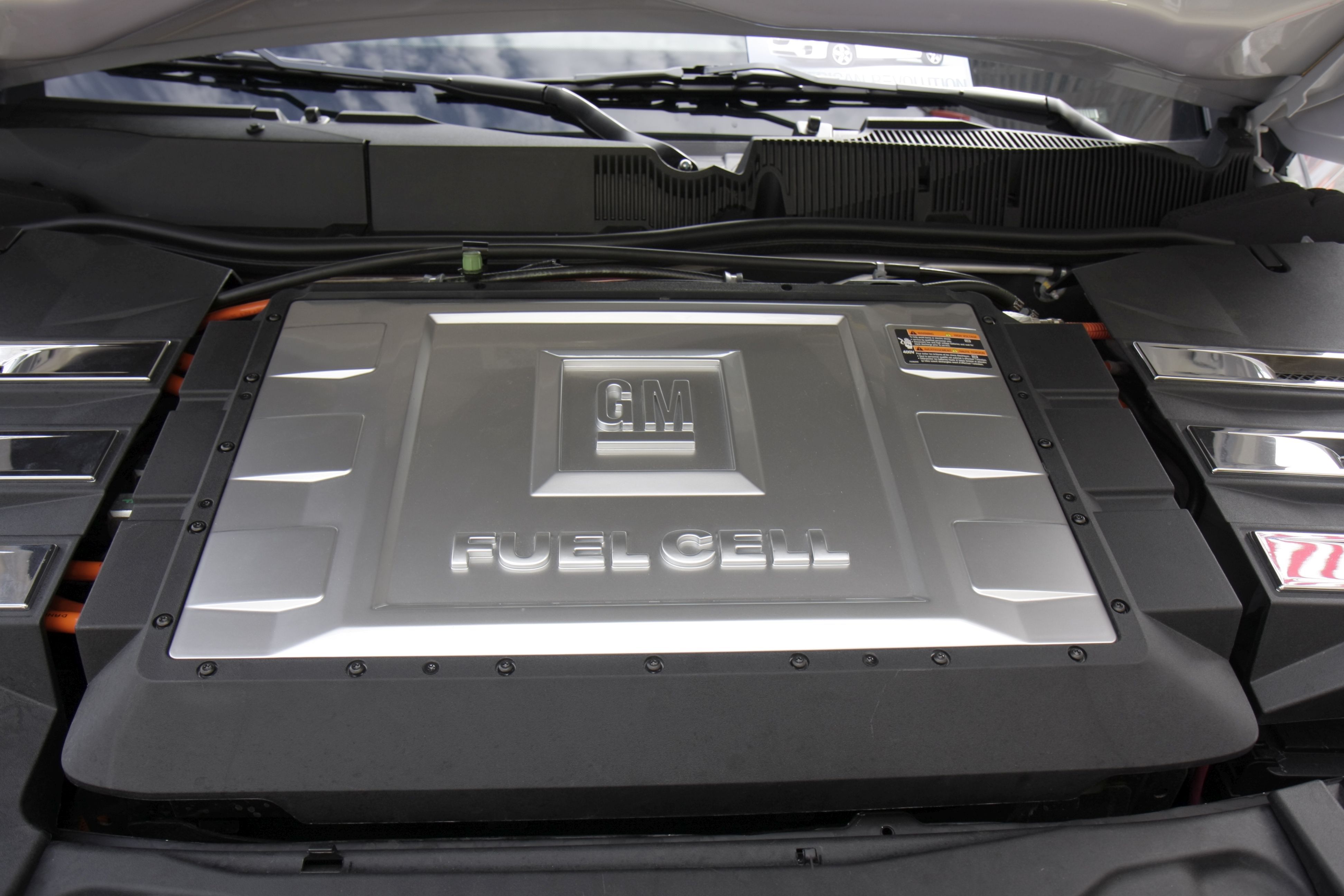
Key Takeaways
- A joint venture between General Motors Co. and Honda Motor Co. has begun producing hydrogen fuel cells at a plant in Michigan.
- GM and Honda said hydrogen and fuel cell technology will play a key role in cutting greenhouse gas emissions from their vehicles, as well as in improving mobility.
- The Fuel Cell System Manufacturing (FCSM) plant will build fuel cells that the two automakers will use in various product applications and business ventures.
General Motors Co. ( GM ) and Honda Motor Co. ( HMC ) Thursday announced the start of hydrogen fuel cell production from their 50-50 joint venture in Michigan.
The two automakers called the joint firm created, known as Fuel Cell System Manufacturing, or FCSM, the first large-scale manufacturing joint venture to build fuel cells.
The companies said they spent a total of $85 million to establish FCSM in January 2017, and it includes a 70,000-square foot facility that has 80 jobs to date. GM and Honda said they will use the hydrogen power items that the facility builds in various product applications and business ventures.
FCSM Vice President Tetsuo Suzuki said his company is ready “to meet the needs of the customers for the future applications of fuel cell technology and the beginning of the hydrogen era.”
GM and Honda engineers began their collaboration in 2013 to develop the next-generation fuel cell system that’s being produced by FCSM. The car companies said it will increase performance and double durability, while significantly reducing manufacturing costs . They added that they believe “hydrogen and fuel cell technology will play an increasingly important role in meeting a wide variety of zero-emissions energy and mobility needs.“
American depositary receipts (ADRs) of Honda Motor were little changed Thursday, while GM shares advanced 1.3% in intraday trading at about 1:30 p.m. ET.

